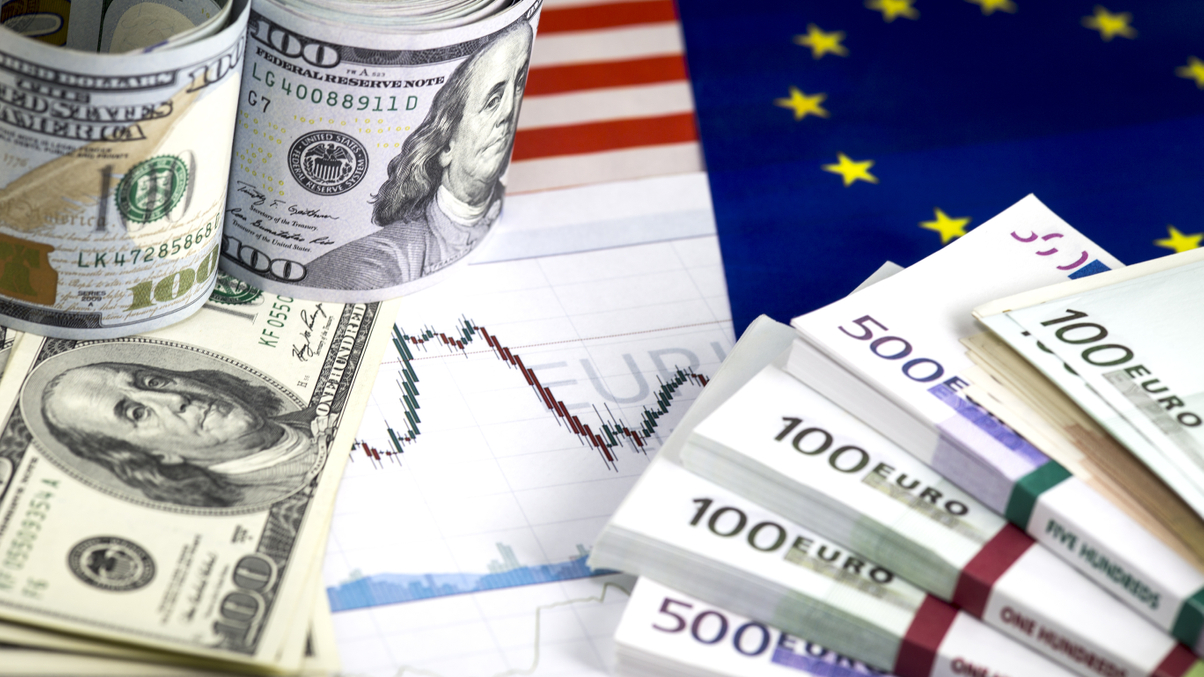Market Views: Will European equities outperform the US?
The valuation gap and earnings growth potential pose opportunities in European equities, particularly in cyclical industrials and ESG themes.

As stocks in the US get increasingly expensive after a 15-month rally, investors have turned their attention to European stocks for their attractive valuations and earnings growth potential.
Sign in to read on!
Registered users get 2 free articles in 30 days.
Subscribers have full unlimited access to AsianInvestor
Not signed up? New users get 2 free articles per month, plus a 7-day unlimited free trial.
¬ Haymarket Media Limited. All rights reserved.


